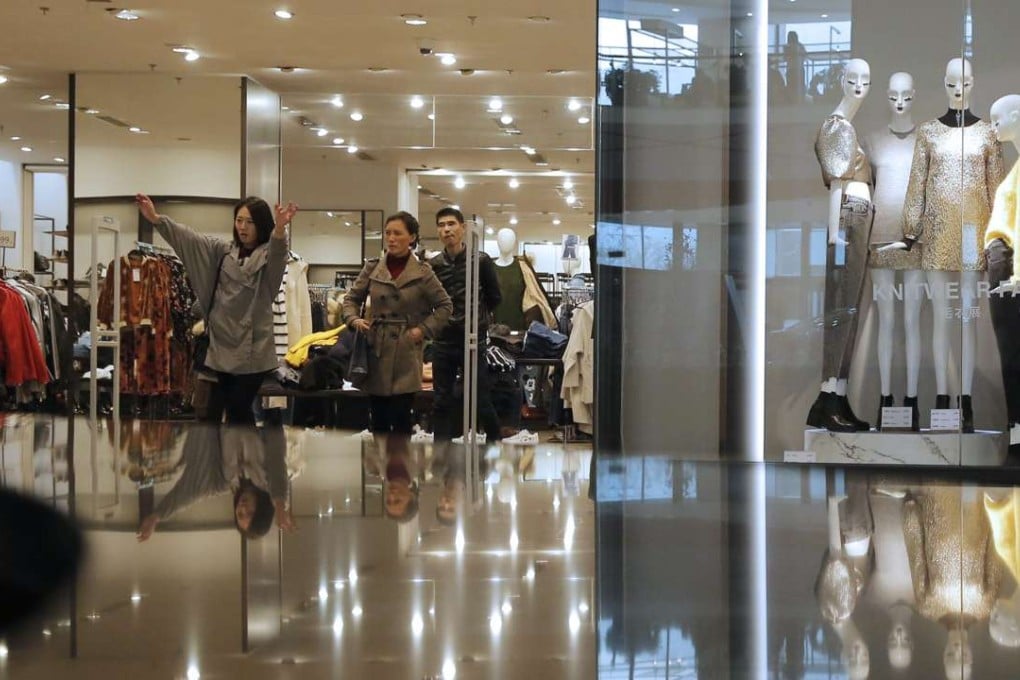Pick-up in Chinese luxury spending won’t save traditional retailers
Stores must offer food, lifestyle and entertainment options to attract today’s consumers who demand a full ‘shopping experience’

Chinese consumers are buying more luxury items at home, but it may not be enough to save struggling department stores - particularly those that don’t boast a restaurant, cinema or ice rink.
Offline shops may benefit from a recovery in domestic luxury spending, but the future is still gloomy for traditional retailers that have been increasingly losing out to e-commerce platforms, according to analysts at Fitch.
The stores need to focus on providing a ‘shopping experience’ in order to win over the country’s internet-savvy consumers and survive the fierce competition, said analysts Yee Man Chin and Cathy Chao.
“The previous few years have been difficult for Chinese brick-and-mortar retailers, who had to grapple with increasing competition both offline and online as well as changing spending patterns, with consumers choosing experiences over shopping,” they wrote. “The pick-up in luxury spending could provide some relief, particularly for mid-to-high end retailers.”
China’s domestic luxury sales have been recovering recently due to the ‘wealth effect’ from higher property prices - meaning homeowners spend more since they feel more secure about their wealth - and a drop in overseas purchases, the analysts said.
Weak consumer sentiment and the government’s anti-corruption crackdown had caused a slump in luxury spending in the last five years, while a gulf between prices at home and abroad prompted many to shop in places such as Hong Kong, Japan and Europe.
